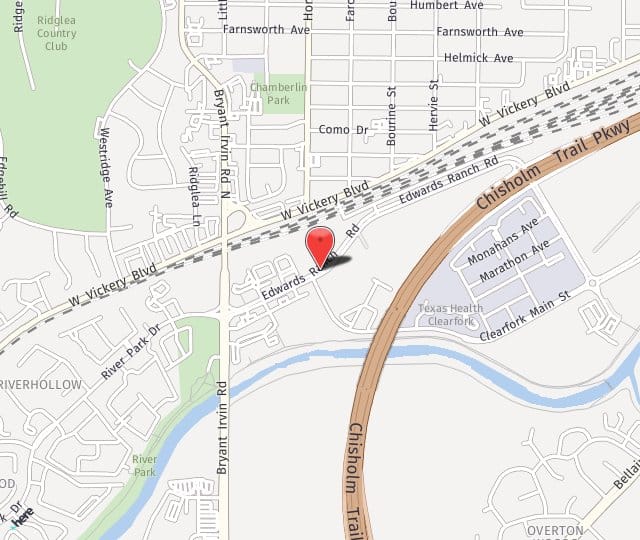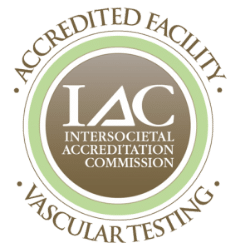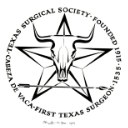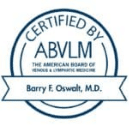
Regardless of where it occurs, restless leg syndrome is no fun.
Dr. Oswalt can help calm your legs down.
What is restless leg syndrome?
Restless leg syndrome is a condition that causes an uncontrollable urge to move your legs, usually because of an uncomfortable sensation. It’s as if your leg has a mind of its own and requires movement. This usually occurs in the evening or overnight hours when you’re lying down or sitting.
Restless leg syndrome is also known as Willis-Ekbom disease. It can begin at any age, but it generally tends to get worse as we get older.
Symptoms of restless leg syndrome
Restless leg syndrome involves an urge to move your leg. It usually affects one leg at a time. These are common characteristics:
- Sensations that begin after rest — The sensation typically begins after you’ve been lying down or sitting for an extended time, such as in a car, airplane, or movie theater.
- Relief with movement — The sensations ease with stretching, jiggling your leg, pacing, or walking.
- Worsening in the evenings — This occurs mainly at night.
- Nighttime leg twitching — This syndrome may be associated with another, more common condition called periodic limb movement of sleep, where the legs twitch and kick while you sleep.
The unpleasant sensations with restless leg syndrome are described as:
- Crawling
- Creeping
- Pulling
- Throbbing
- Aching
- Itching
- Electric
Treating restless leg syndrome
Dr. Oswalt can help with your restless leg syndrome with these treatments:
- Treating venous insufficiency — Treating varicose veins can help with restless leg syndrome, although most doctors miss the link between the two.
- Medications that increase dopamine in the brain — Certain FDA approved drugs affect the levels of dopamine.
- Drugs affecting calcium channels — These drugs can help with restless leg syndrome.
- Muscle relaxants and sleep medications — These are generally used only if other treatments aren’t working, as they don’t eliminate the leg sensations but do help you to sleep.
- Lifestyle remedies — Dr. Oswalt will also give you changes to make at home to help. These include baths and massages to relax your leg muscles, using warm or cold packs to lessen sensations, having a good sleep routine, moderate exercise, cutting down on caffeine, and use of a foot wrap specifically designed for people with restless leg syndrome.
If your restless leg syndrome is impacting your sleep, please give Dr. Oswalt a call at Fort Worth Vein Center, (817) 536-9600.










